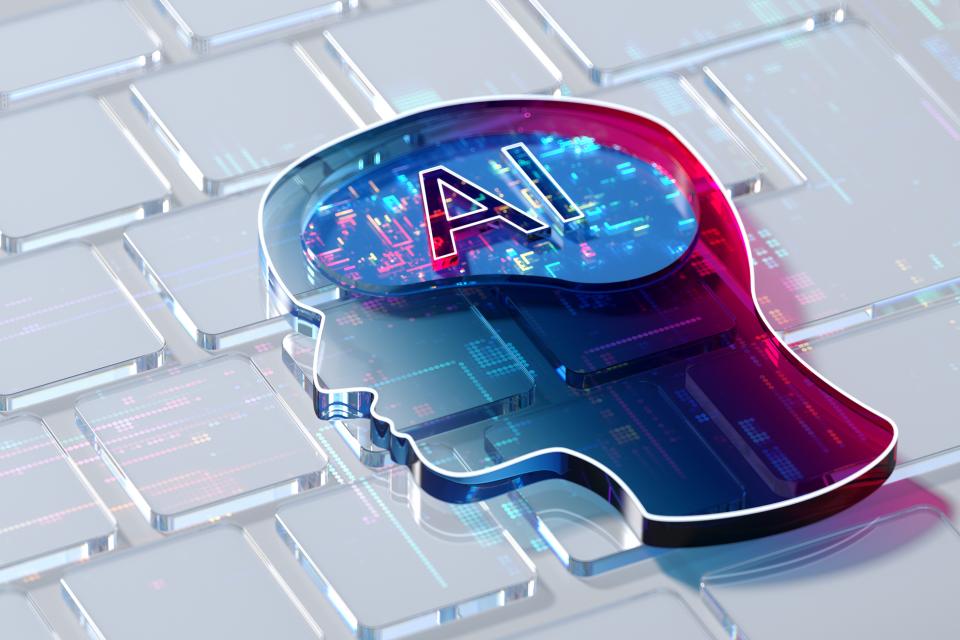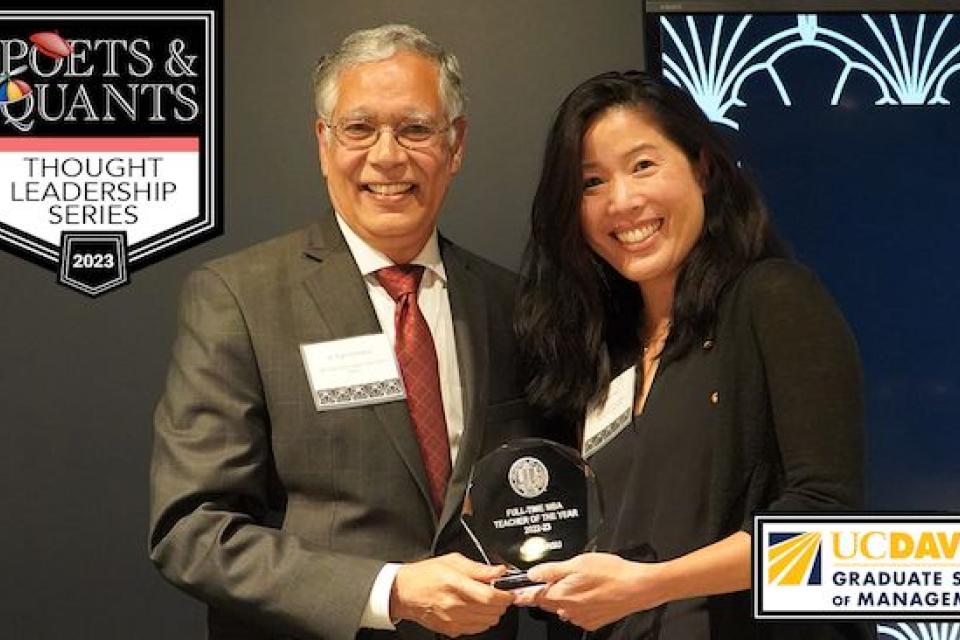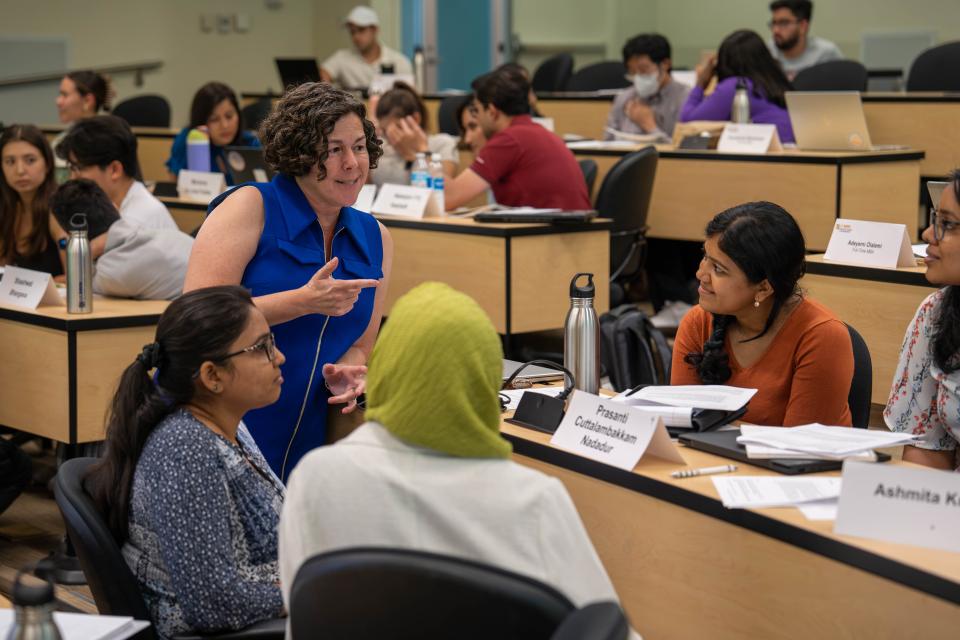The Digital Undertow: How Technology Quietly Reshapes Our Social Worlds*
Risks and rewards of generative AI in creative industries like film and TV

Digital technologies transform our social worlds in ways that aren’t always immediately visible but are profoundly impactful over time. Throughout history, every major technological advancement—from the advent of the clock to the rise of social media—has restructured not only how we work but also how we interact, think, and organize ourselves as a society.
Take, for instance, the invention of the clock. Before mechanical timekeeping, societies operated according to the natural rhythms of day and night. The introduction of mechanical clocks during the Industrial Revolution reoriented work and social life around the concept of “time-discipline,” giving rise to factory schedules and productivity metrics.
Similarly, the rise of platforms like TripAdvisor have increasingly replaced expert-driven systems with crowd-sourced evaluations, quietly eroding old hierarchies and redefining what it means to be an expert.
In our recent paper published in the journal Organization Theory, we explore in-depth the dual nature of AI’s impact on creative industries like film, television, and advertising, looking at both the immediate, surface-level benefits, as well as the deeper, less visible consequences—the digital undertow.
By understanding both sides, business leaders can better leverage AI for its potential while safeguarding the human elements of creativity and expertise that are essential to long-term success.
We’d like to highlight three areas of concern of the use of generative AI in the film and TV industries and the implications for business leaders:
1. Productivity vs. Creativity
At first glance, the benefits of generative AI in creative industries seem undeniable. AI enables businesses to automate repetitive tasks, accelerate workflows, and produce higher-quality outputs more quickly.
In film and television, for example, AI can be used to streamline pre-production tasks like the generation of new story ideas, creation of initial drafts of outlines and scenes, and storyboarding and set design. It can further reduce costs and improve efficiency throughout the production and post-production process, such as through the generation of sophisticated visual effects and editing of sound and video footage.
Reliance on generative AI thus boosts productivity and may free up creative teams to focus on higher-level tasks—but at what cost? Early research indicates that reliance on AI may increase the similarity and repetition of outputs, lowering the variety of creative offerings developed overall. AI has also been found to generate content that relies on existing patterns, tropes, and formulas. The more creators lean on AI for guidance, the more their outputs may converge into a narrow, less original, range of ideas.
Implications for Business Leaders
Exploiting AI’s productivity and efficiency gains is crucial for staying competitive, but it is also important to foster environments where innovation can still thrive. By recognizing the potential tendency of generative AI to pull creators toward uniformity, leaders can encourage creative, out-of-the-box thinking that AI alone cannot provide.
2. Democratizing Skill vs. Diminishing Expertise
Creative work is not easy to break into, as the early stages of creative careers are often poorly paid. Access to work is competitive, network-driven, and skewed towards those who already have money to cushion their income in the early years.
Generative AI has the potential to democratize creative industries by helping a more diverse set of writers quickly learn the craft. For example, a novice screenwriter can now use AI to draft a compelling script in half the time it would take without AI assistance.
Generative AI can also reduce barriers to entry to film and TV production, by providing small creative teams without a high level of specialized training and access to costly technologies the ability to develop and market high-quality productions that had previously been out of reach.
On the flip side, this democratization of access is likely to come at the cost of the employment of specialists who have invested substantial effort in learning skills that may soon become obsolete. As more processes become automated, the need for certain specialized skills diminishes. Tasks that once required years of training and experience can now be performed by AI, raising the question of what happens to the seasoned professionals who built their careers from the ground up.
Implications for Business Leaders
While AI offers valuable tools for elevating the skill sets of less experienced workers, leaders must also consider the potential erosion of specialized expertise. While short-term gains are significant, it’s important to ensure that AI doesn’t completely replace the human experience and expertise that drive true creativity.
3. The Long-Term Risk
As generative AI continues to shape the creative landscape, the long-term erosion of expertise presents a major structural concern. Much like the way a powerful undertow erodes the foundation of a shoreline over time, AI’s growing role in creative industries may gradually strip away the structures that enable experiential learning and deep knowledge to develop.
Consider, for example, the implications for screenwriters. Their current career structures resemble an apprenticeship model and are important for learning the craft of writing—writers’ assistants take extensive notes in writers’ rooms, and when they become staff writers, they are invited to the set to observe the production, eventually gaining writing and production expertise that enables them to succeed as head writers and showrunners.
One impetus for the Writer Guild of America’s strong stand in its 2023 strike was the move of streaming services like Netflix or Amazon toward smaller writers’ rooms, shorter writing seasons and almost no writers on set. The new contract sets minimums on the numbers of writers required, but many writers are concerned that as studios and streamers take advantage of generative AI, writers’ rooms will continue to dwindle.
In industries like film and television, where writing, production, and direction are honed through years of on-the-job training, AI could disrupt traditional career paths. As AI tools make it easier for less experienced creators to produce professional-quality work, fewer opportunities may exist for young creatives to develop the deep expertise needed to become future industry leaders.
Over time, this could lead to a less diverse and innovative creative ecosystem, where the next generation of head writers or directors lacks the nuanced experience that has historically driven groundbreaking work.
Implications for Business Leaders
Leaders must be conscious of the broader, long-term effects of AI adoption on their industries. While AI can enhance immediate productivity, it’s crucial to invest in developing human expertise and maintaining career pathways that foster deep, experiential learning. Failure to do so could leave industries vulnerable to a creative stagnation that’s difficult to reverse once expertise has eroded.
Navigating the Digital Undertow: Balancing AI’s Promise with Human Creativity
The digital wave of generative AI offers immense potential to reshape creative industries for the better, but its undertow poses significant risks that business leaders cannot ignore.
On the surface, AI boosts productivity, democratizes skill, and enhances creative outputs. But beneath the surface, it subtly pulls at the foundations of expertise, originality, and the structures that support long-term innovation.
By acknowledging both the visible benefits and the deeper consequences of AI, business leaders can better navigate the challenges ahead. The key lies in leveraging AI to enhance human creativity—not replace it. While AI is a powerful tool, it’s the human touch that brings diversity, innovation, and originality to creative industries.
* Our original paper, "Exploring the Digital Undertow: How generative AI impacts social categorizations in creative work" was entirely human-made and reflects the expertise we have built over time. ChatGPT helped us with the task of translating our ideas into this blog.


